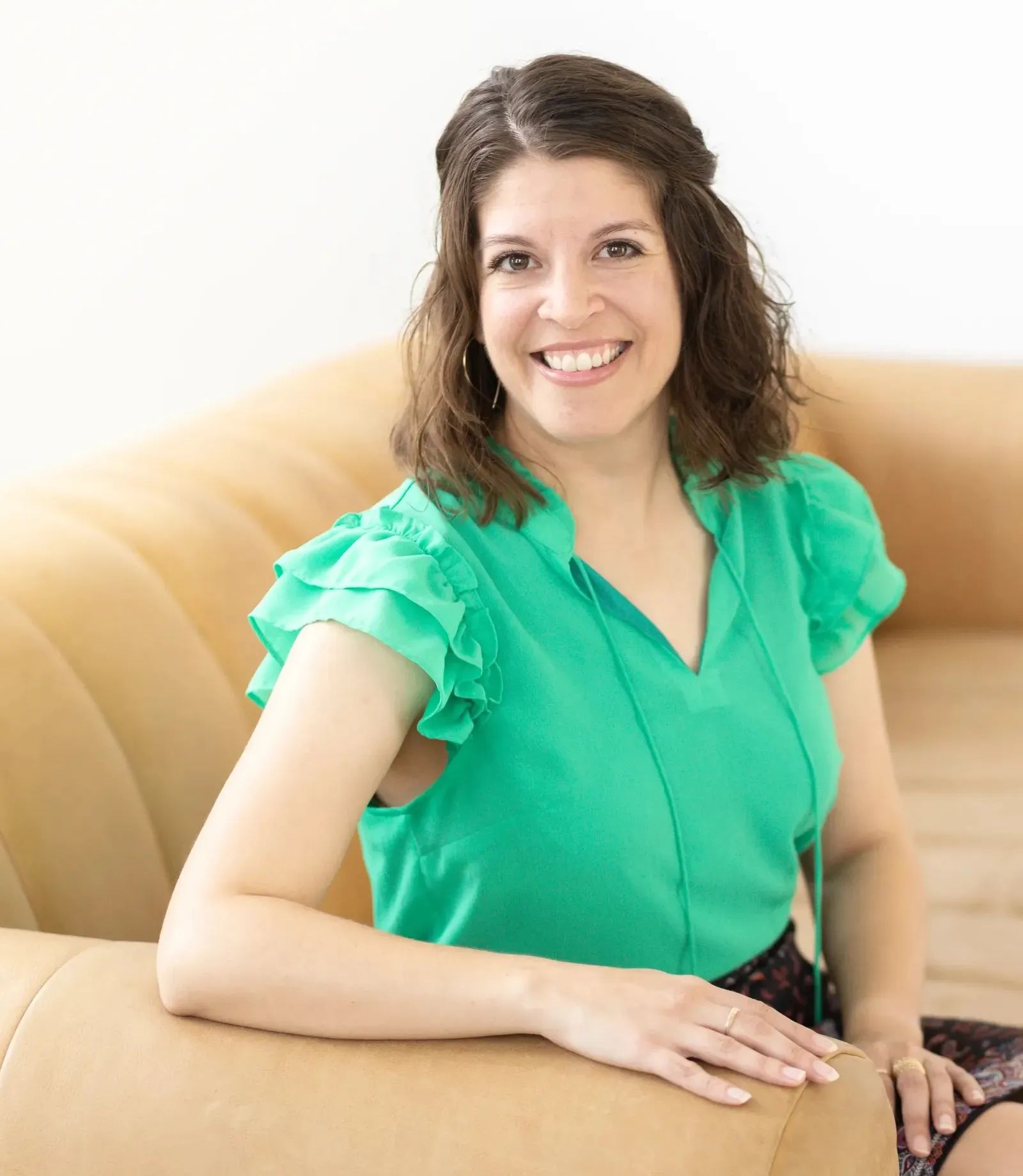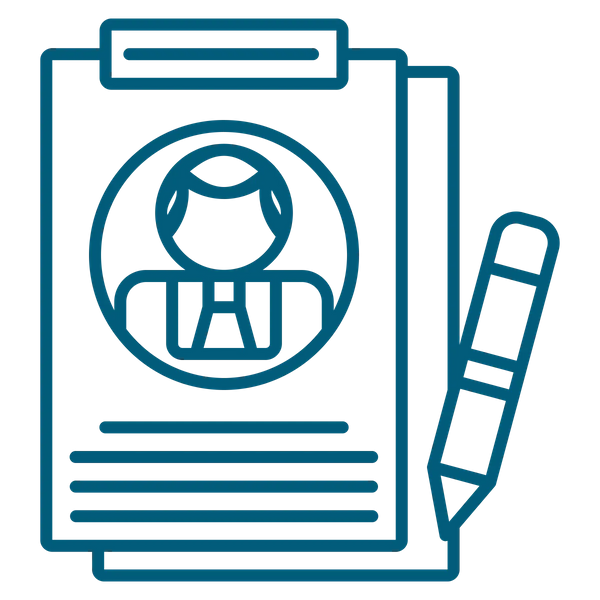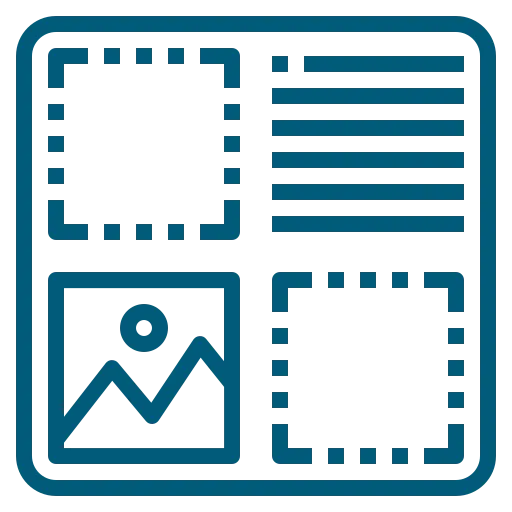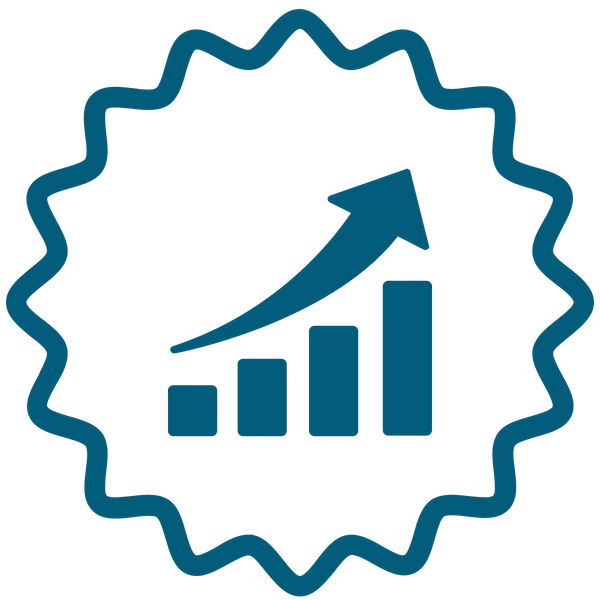Curriculum Development
This service is perfect for non-profits and non-governmental organizations looking to invest in a new curriculum. Services include walking through a needs analysis, pinpointing key stakeholders, and what to expect during the development process.
Some of My Clients
Frequently Asked Questions
Q: What is curriculum development exactly?
A: Curriculum development is a process focused on positive behavior change. When we develop, or create, curriculum, the goal is to assess the knowledge and skills (performance) gaps your learners are experiencing. By bridging these gaps, we increase the positive impact within your organization, community, you name it!
Q: What does the curriculum development process look like?
A: There are four-five phases depending on the specific deliverables you need.
Discovery – Kickoff meeting with decision makers and key stakeholders who’ll be sharing input throughout the process.
The goal: Make sure we’re getting the right feedback on our needs analysis; Do additional research or follow ups on knowledge and skill gaps.
Design – Sketch out courses that align with learning objectives and instructional goals
The goal: Create a storyboard/course map. It’s like creating a blueprint for your house, and in this case your house is your curriculum. It’s here where you’ll get to view each image, proposed activity, sequence, etc. to “see” your feedback from the needs analysis come alive.
Development – Once the storyboard/course map is confirmed, we revise these sketches to start building the course prototype.
The goal: Build the first full draft of your course. We call this the prototype because it hasn’t gone through a pilot, or test “run,” with learners yet.
Implementation – Roll out the prototype in a small pilot to help gather feedback and assess the user experience.
The goal: Introduce the new courses to your learners and be open to their input about the course experience, challenges, and areas of confusion.
Evaluation/metrics – Measure for transformation
The goal: Tune into data and metrics that can reveal that behavior change is actually happening.
Q: How much does it cost?
A: Brand new, never created curriculum starts at $4,100 per course, and we utilize a monthly retainer model. This includes a thorough discovery phase and review cycles after each creation phase.
Why so many review cycles? Because I am your learning and development guide, and my role is to develop a curriculum that meets your learners’ needs. How we do that is to get key input along the creation of the curriculum.
Q: We’re a small nonprofit, any discounts?
A: I get it. I’m a small business, too! I feature grants and fundraising consultants in my quarterly newsletters. These amazing consultants have tons of resources for funding for your curriculum projects. Want access to the list? I’ll email to you! And don’t worry, I won’t put you on my email list unless you subscribe yourself.
Q: How long will the process take?
A: Pick a timeline. Now, double it.
The project length depends on a few key factors, and I have found it’s helpful to stay flexible.
Parts of the process can get delayed because, well, life happens.
Some key factors that can impact the length of time: speed of (returned) feedback in the revision cycles, the number of review cycles, number of modules and lessons within the whole curriculum, creation of additional support materials like instruction guides, workbooks, checklists, etc.
Q: What do I need to know before getting started?
A: When you book your free discovery call, I’ll follow up with a Curriculum Discovery Call Form. Before we meet, make sure you complete the form, so I have a good idea about your project needs.
Q: Who should be involved in this process?
A: Curriculum development is a team sport so internal and external stakeholder input throughout the process especially during the discovery, design, and development phases will be very important.
Q: Can I just use our regular training presentations and make that our curriculum?
A: Yes and no. A presentation’s learning standards are different than a course’s. First, a presentation focuses on sharing information and some rare presenters make time for practice, which is awesome.
However, a curriculum (your series of courses) focuses on creating behavior change. This means aligning your needs analysis with your learning objectives which connect to your content and activities. It’s critical the new skills fill the right gaps, and we do this by applying the strongest learning methods.
So, if you have existing presentations and we’ve established alignment, we can use them as a starting point for sure!
Q: When should I bring in a curriculum expert? At what stage do I need this person?
A: Here are a few common signs I’ve seen from other nonprofit leaders that it’s time to call in a curriculum expert.
• You’ve noticed your current learning solutions aren’t evergreen and want to level up in another way.
• You don’t have a standard method of delivery and each group of learners gets different information and skills each time.
• You want to create a deeper root system for your program through the use of a curriculum.
• You wear a lot of hats in your organization, and you don’t have the bandwidth to lead a project like this.
Q: Why hire a curriculum consultant instead of creating solo?
A: You invest both your time and funding, so I’m glad you’re asking this question.
A learning expert can take the knowledge from your Subject Matter Experts (SMEs) and data to find the best learning outcomes, activities, and flow for your learners.
This eliminates blind spots, doubt, and the infamous scope creep that can keep your curriculum from being learner focused, inclusive, done correctly, and leave you feeling less than proud with what you’ve created.
"The new (curriculum) enhancements are engaging, relevant, thoughtful and rich with a lot of examples and hands-on activities. "
Alan Lightman, Harpswell Foundation founder
"Danielle created a survey to be taken by school principals and their administrative staff about how the grants department could better serve them. Using the information she gathered, Danielle created a user-friendly manual completely from scratch. Because of Danielle’s patience and hard work, the manual was published and distributed to every Title I campus in the (school) district. "
Emma Richardson Trevino, Former Project Development Specialist for Ft. Worth Independent School District
"Danielle Gines is one of those people whose enthusiasm for the work we were all doing and the compassion with which she carried out that work, will always make her stand out in my memory."
Samantha Dullisear, Director of Izizw e Projects
Other Services
Curriculum Development Pricing
A lot of my clients feel challenged when it comes to create timely, on-scope, and on-budget much needed curriculum projects.
Need help finding funding for your project? I feature grants and fundraising consultants in my quarterly newsletter.
Want access? Sign up by clicking on the button below.







